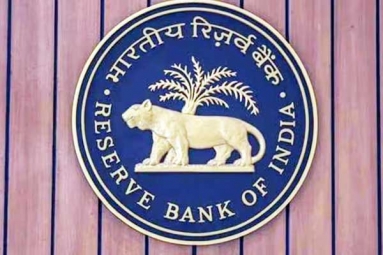
The Reserve Bank of India Governor Urjit Patel cut interest rates by a quarter point and all six of the monetary policy committee unanimously voted in favor of the rate cut. This is the first instance where a monetary policy committee of 6 members is deciding on the interest rates.
The RBI lowered its repo rate by 25 basis to 6.25% and maintained that it would continue with its accommodative monetary stance.
The RBI said that, "The Committee expects that the strong improvement in sowing, along with supply management measures, will improve the food inflation outlook.” "The sharp drop in inflation reflects a downward shift in the momentum of food inflation which holds the key to future inflation outcomes rather than merely the statistical effects of a favorable base effect.”
"The accommodative stance of monetary policy and comfortable liquidity conditions should support a revival of credit to the productive sectors,” it said.
"The momentum of growth is expected to quicken with a normal monsoon raising agricultural growth and rural demand, as well as by the stimulus to the urban consumption spending from the pay commission’s award,” RBI said.
The RBI said in its report, that, "Subdued momentum in food inflation in Q3 and the usual seasonal softening of food prices in early Q4, notwithstanding a reversal of base effects in March 2017, improves the near-term outlook for inflation considerably.”
"By current reckoning, the pass-through of the goods and services tax (GST) will likely commence from April 2017 and last for about 12-18 months, going by the cross-country experience,” the report said.
"While the impact of the GST on CPI inflation would largely depend on the standard rate decided by the GST Council, almost 50 per cent of the CPI is expected to be exempt,” it added.
Also Read: GST Exemption Limit fixed by Council, tax rates next month
Nandini



















